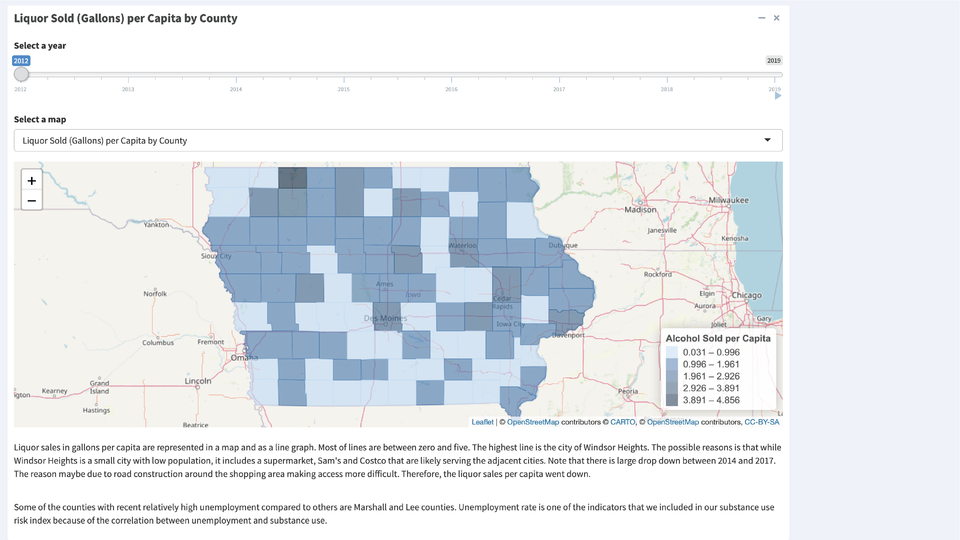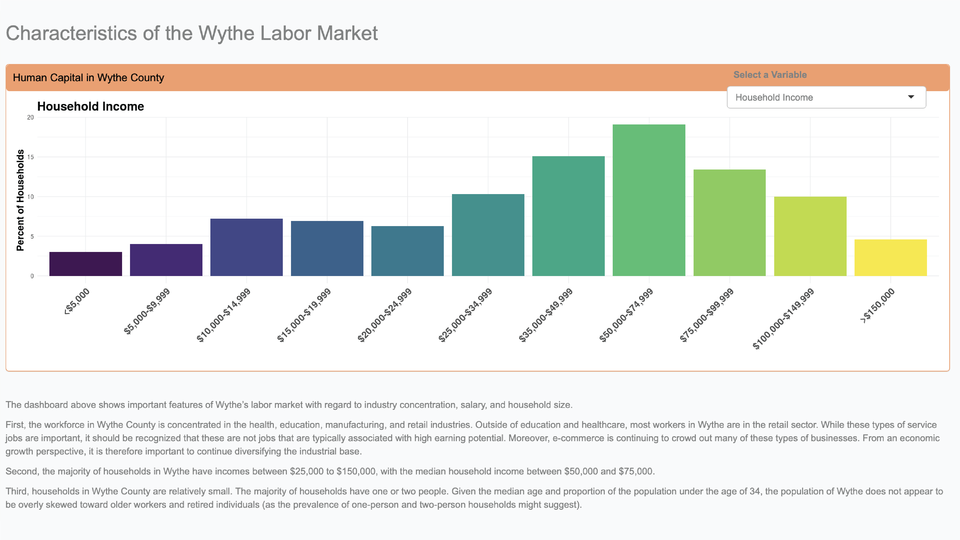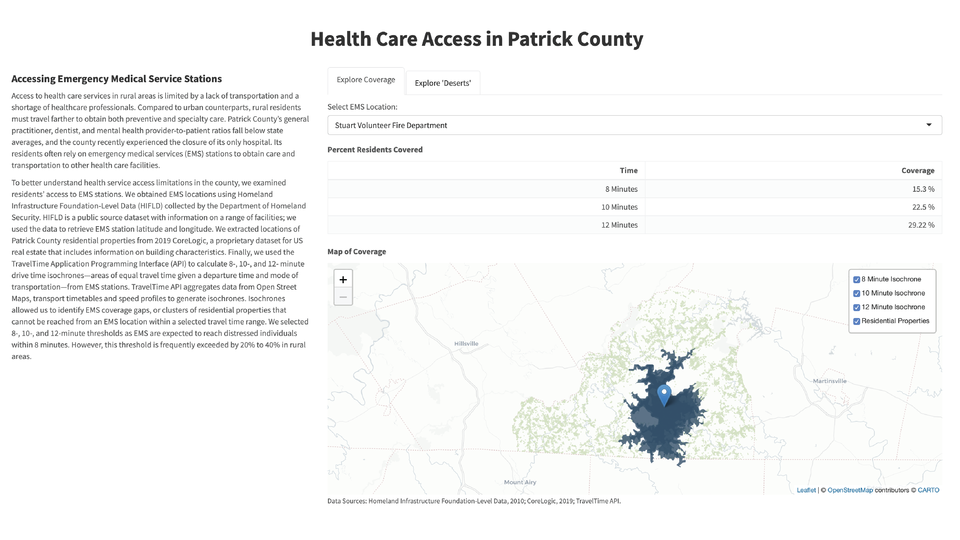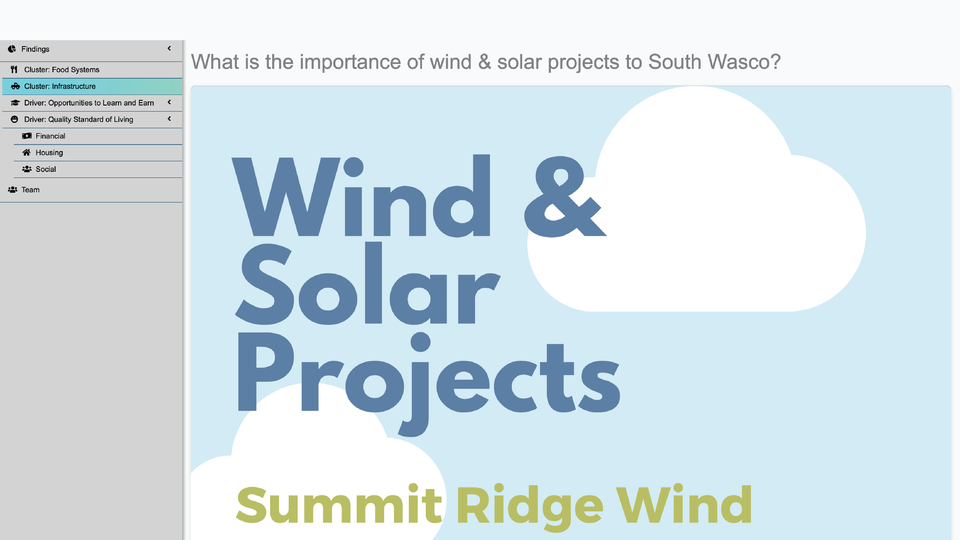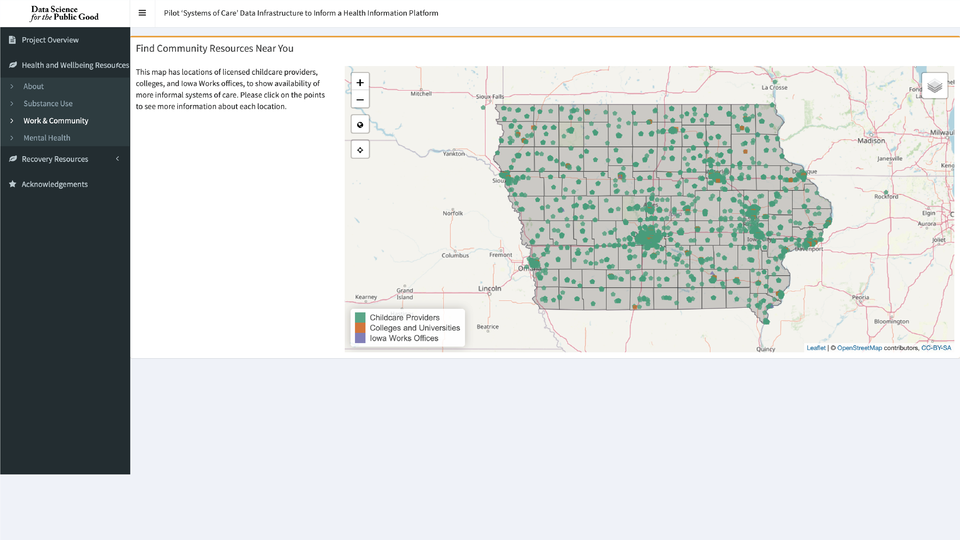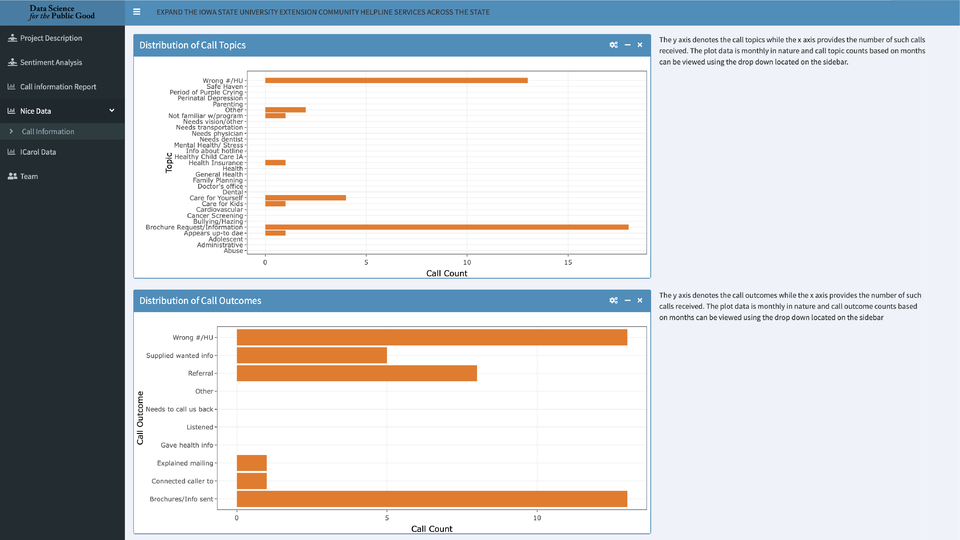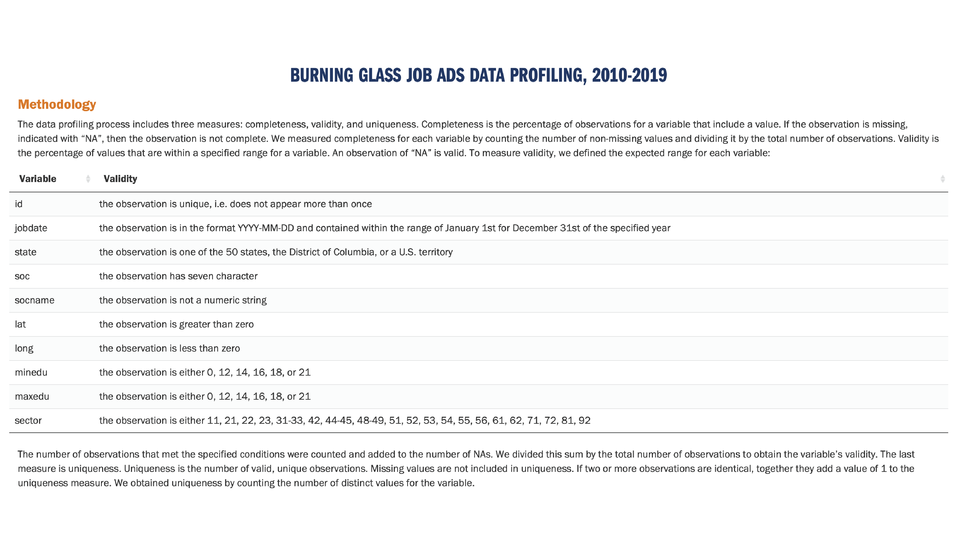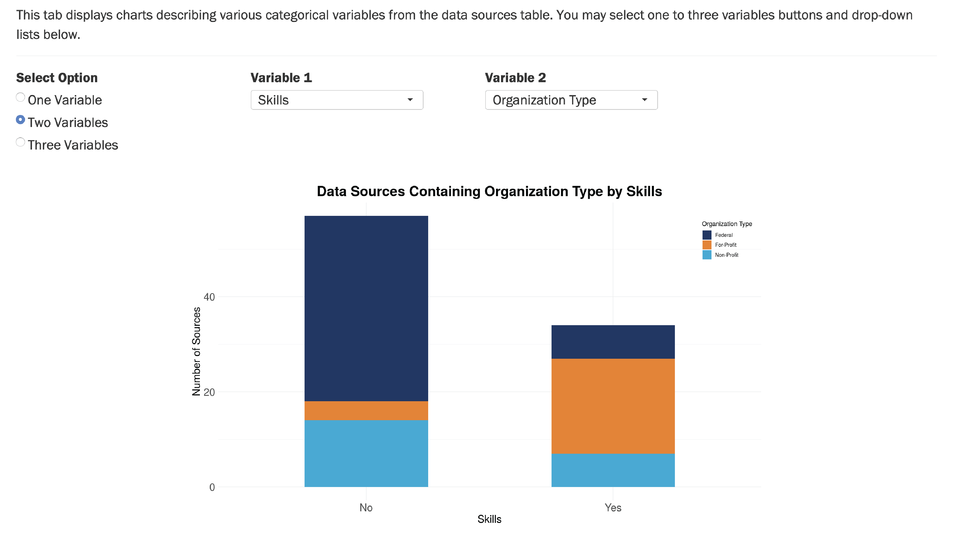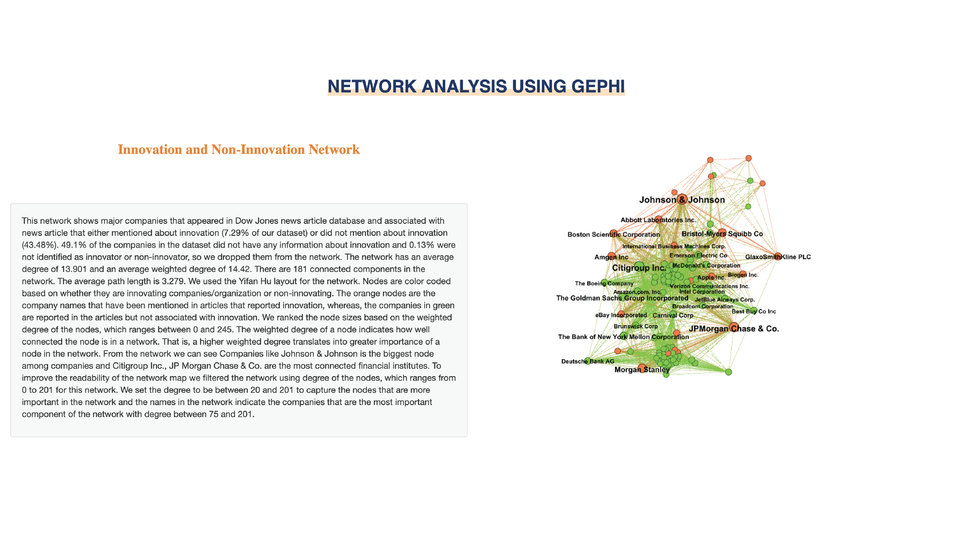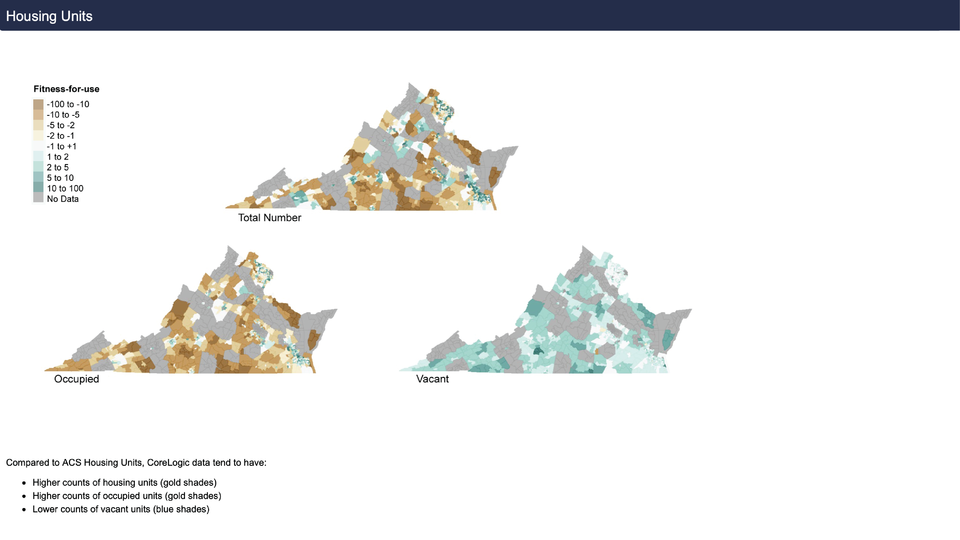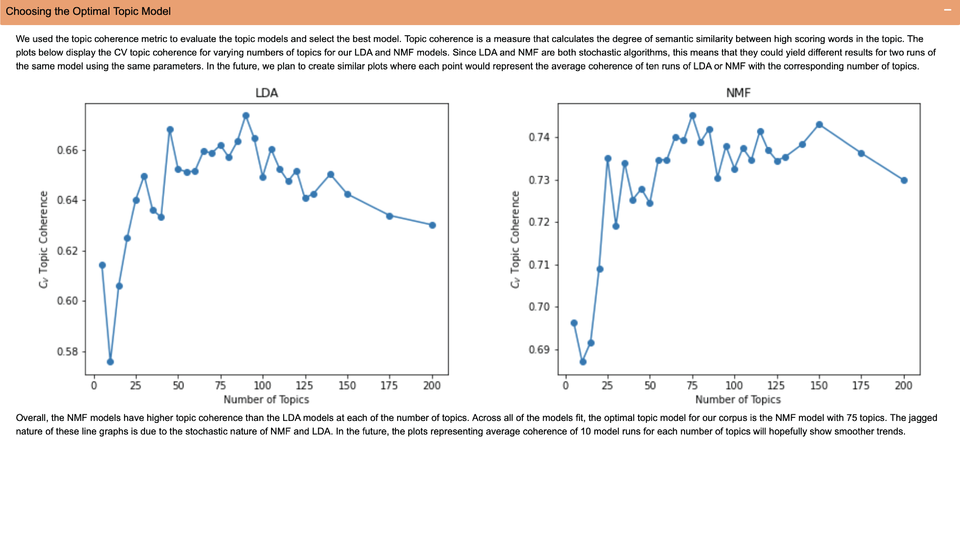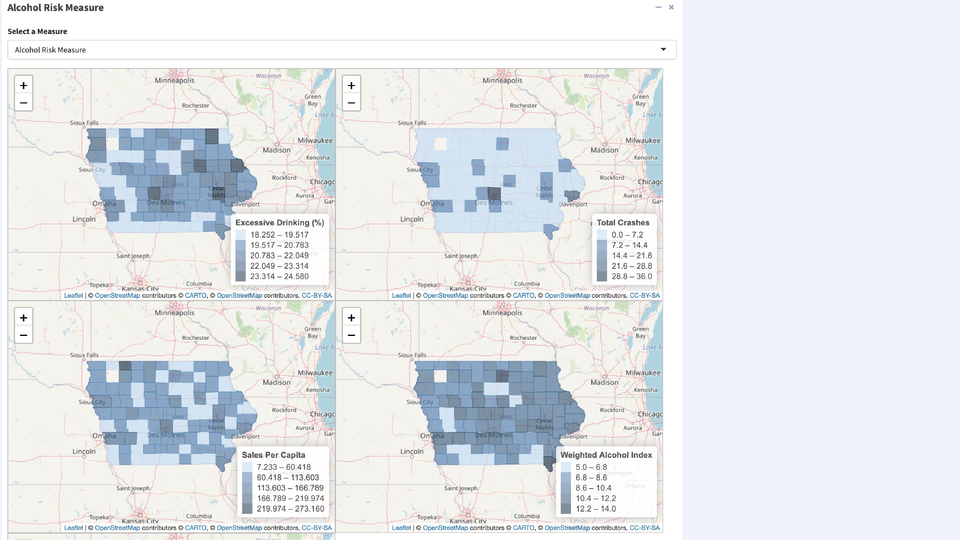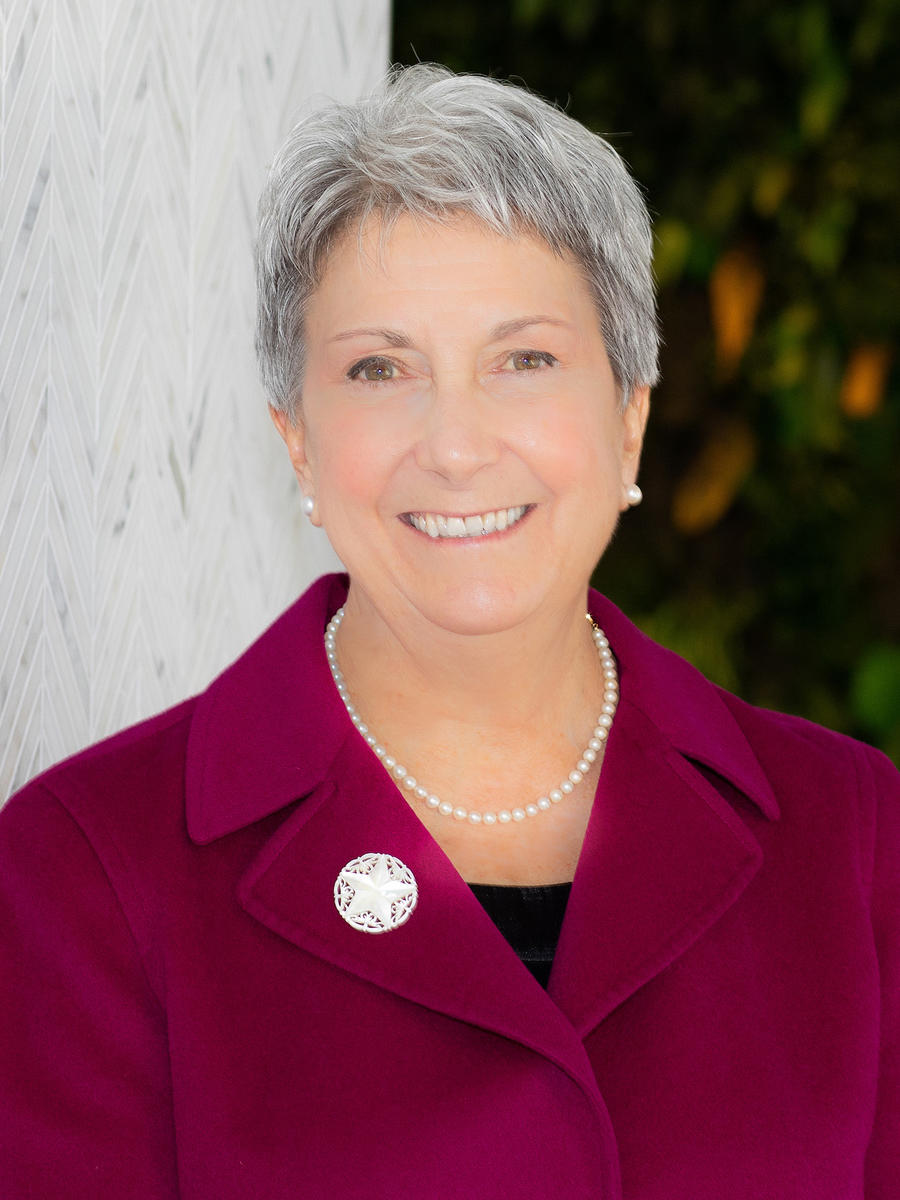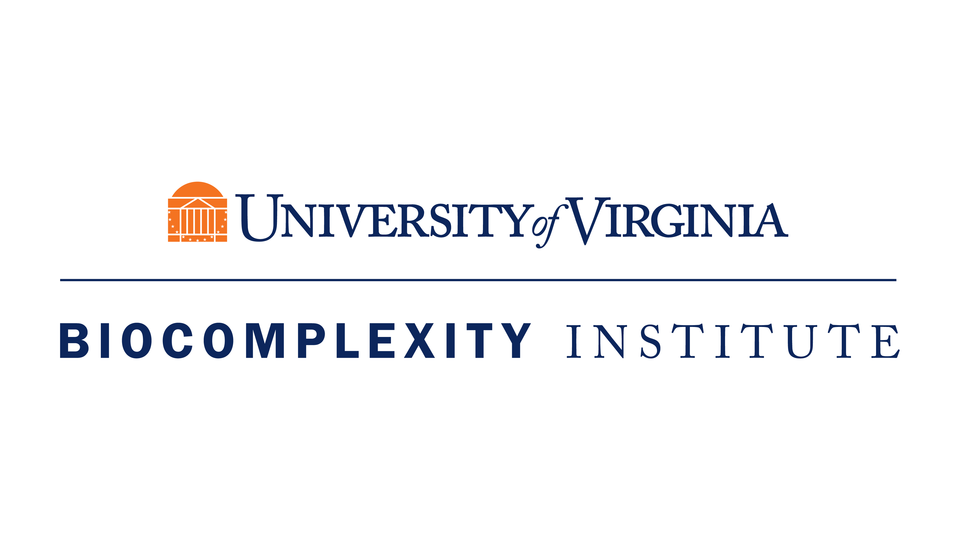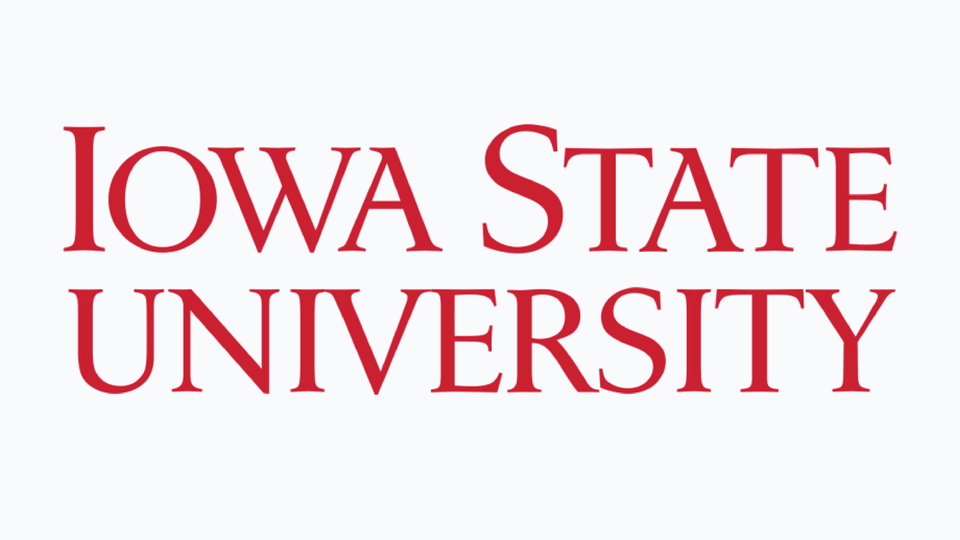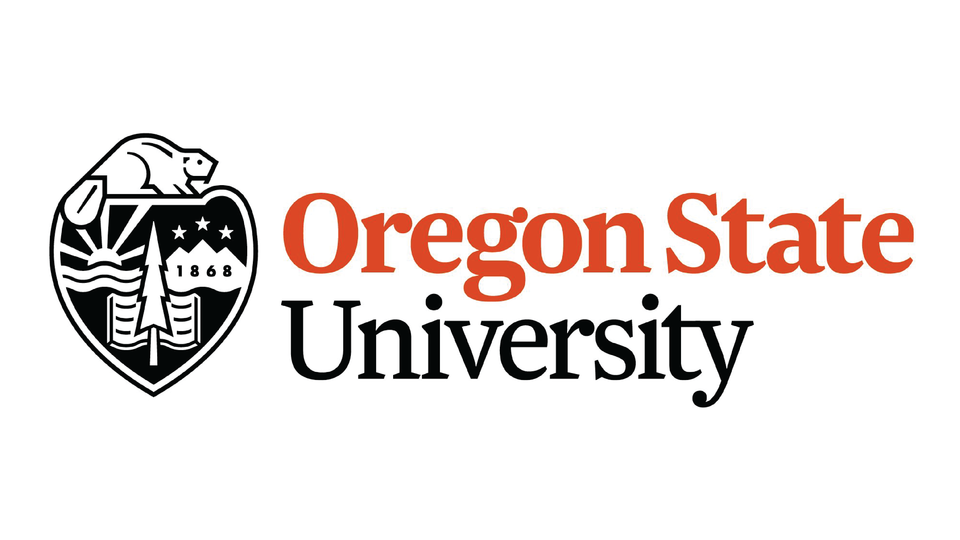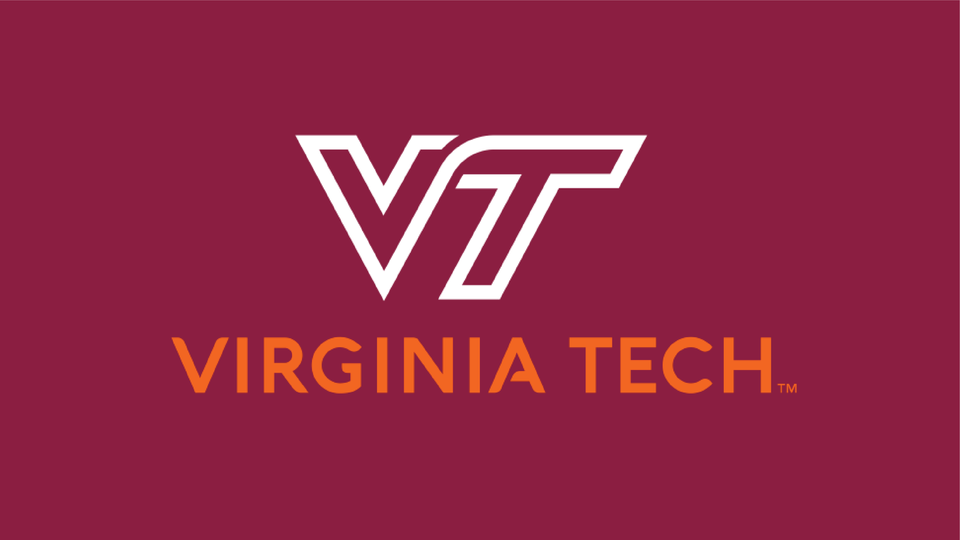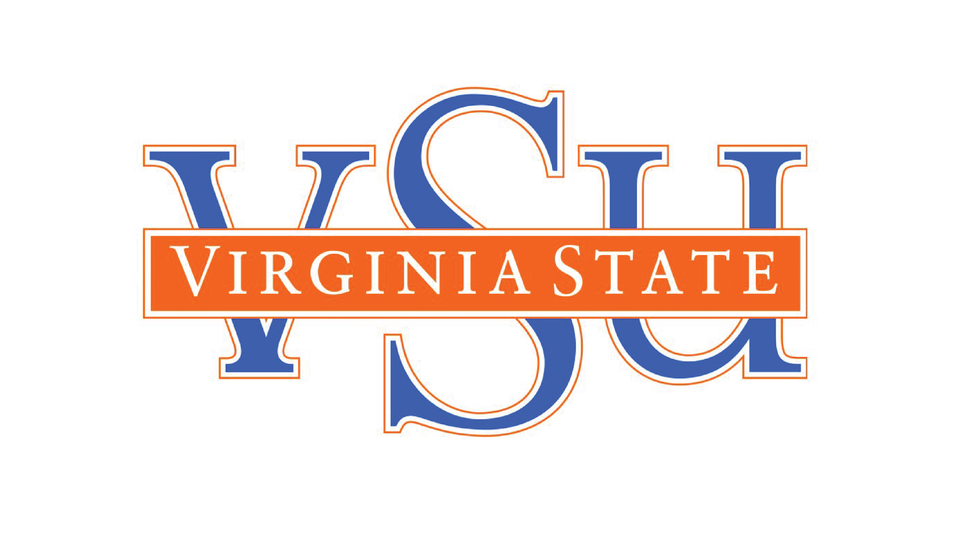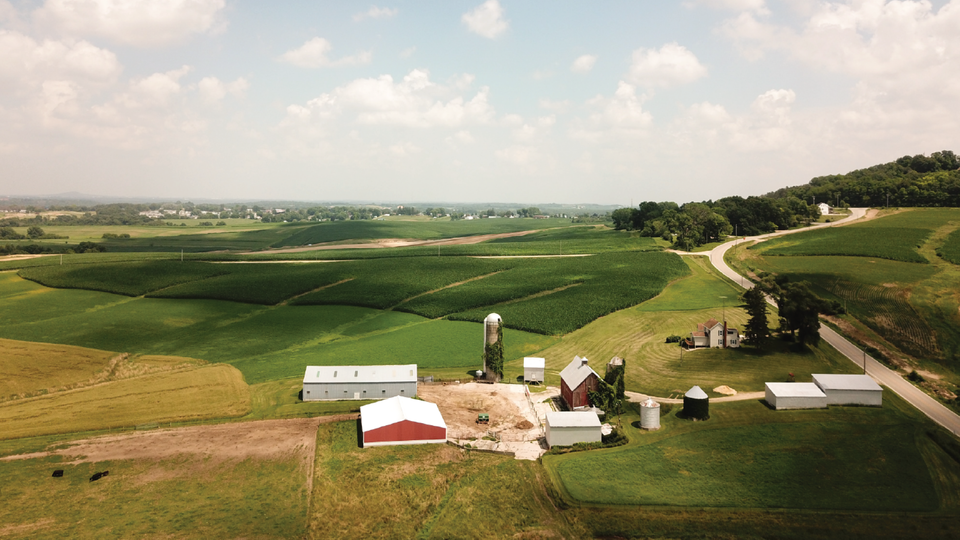The three-state Innovation Network was a first step to forge data science partnerships with Cooperative Extension professionals and stakeholders in communities across Virginia, Oregon, and Iowa. Research faculty and Cooperative Extension professionals worked closely with DSPG young scholars on issues facing rural communities including food security, health, nutrition, youth growth and development, forestry, agriculture, and natural resource management.
Local governments of all sizes now have access to a wealth of data; however, leaders in rural communities often lack the resources and technical expertise to put these data to good use in a way that better serves their residents. Our program has helped rural communities build capacity for data-driven decision-making at the same time generating a new data science-savvy workforce.
The three-state Innovation Network project team plans to create a DSPG Blueprint of Best Practices for other states to follow and help spread community-based data science across America, particularly in rural areas.
Across the three-state Innovation Network and through the DSPG Young Scholars program, research teams were remarkably productive and provided valuable insights to our community stakeholders.
An overview and results of the 35 DSPG summer projects are available in student presentations delivered at our annual DSPG Symposium. The following dashboards also provide additional findings to help guide community leaders in developing strategies and next steps to address their respective challenges.

Dashboards
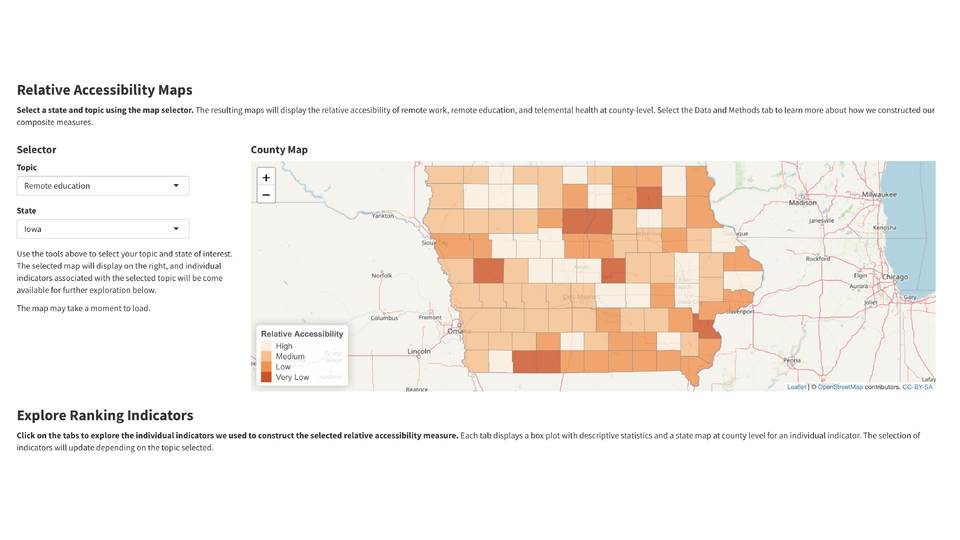
Team Science Approach
To support the three-state Innovation Network, students worked in teams collaborating with postdoctoral associates, research faculty, Cooperative Extension professionals and community stakeholders to address complex problems proposed by local, state, and federal agencies.
Research teams utilized UVA’s Data Science Framework to explore core topics such as:
- Promoting economic mobility through use of data science
- Utilizing evidence-based decision-making capacity
- Bringing data science to rural areas with a scalable, and repeatable process
- Developing new datasets and information resources for use by communities and researchers
- Empowering public services and local organizations to develop and share data to the benefit of all
- Developing programs that serve as an incubator to promote workforce development
- Opening of entrepreneurial space for the development of new products, processes, and tools based on local community data
- Boosting the quality of life, and efficient and equitable delivery of services in their communities
An Unexpected Pivot to a Virtual Program
As a result of the COVID-19 pandemic, the obvious question for DSPG project leaders in the spring of 2020 was, “How feasible and effective would it be to deliver the DSPG program in a virtual format?”
While not an easy feat, not only was it was feasible, the program was immensely successful.
Altogether the virtual integration involved five universities; three time zones; 60 undergraduate and graduate students; and numerous government officials and community leaders across three states.
With over 80 hours of training, students were exposed to all aspects of data science. This training was delivered using technology resources for large scale interactions as well as communications across individual teams. With this successful integration across the coordination network, the summer program was remarkably productive leading to insights for our stakeholders, deep learning across our students and the next step in developing a DSPG Blueprint of Best Practices for broad deployment.
Distinguished Professor in Biocomplexity, Biocomplexity Institute
Professor of Public Health Sciences, School of Medicine

Three-state Innovation Network Partners
DSPG Program Expansion Advances Data Science Application in Support of Rural Prosperity



